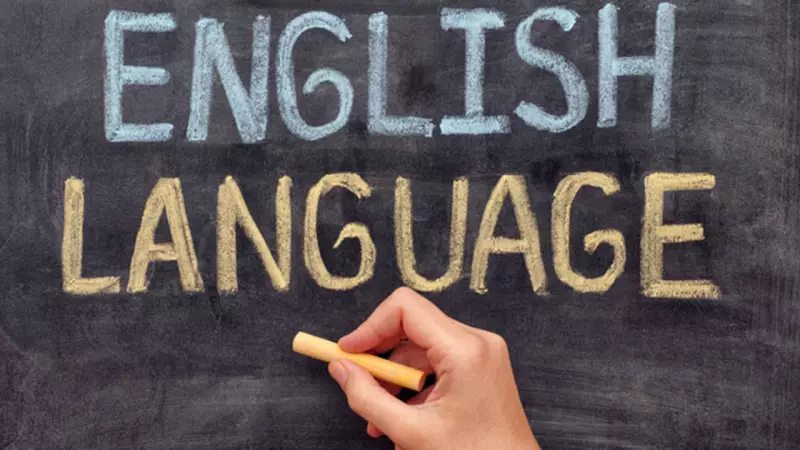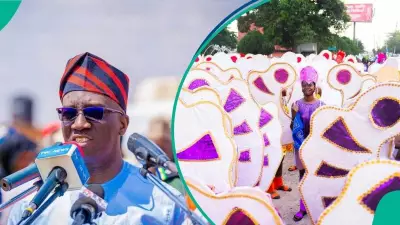
In classrooms across Nigeria, a fascinating linguistic paradox unfolds daily. Millions of Nigerian students become proficient in English, the language of their former colonizers, while their native tongues gradually fade into the background. This phenomenon raises crucial questions about cultural identity and educational priorities in Africa's most populous nation.
The Colonial Legacy in Modern Classrooms
The dominance of English in Nigeria's educational system isn't accidental. It's the direct result of colonial policies that established English as the language of administration, education, and prestige. Decades after independence, this legacy continues to shape how Nigerians communicate, learn, and even think.
From primary schools to universities, English remains the primary medium of instruction. Students who excel in English are often celebrated as academically gifted, while those more comfortable in indigenous languages may struggle to keep pace. This creates an uneven playing field that privileges English fluency over native linguistic competence.
The Gradual Erosion of Indigenous Languages
As English proficiency grows, many Nigerian parents report a concerning trend: their children understand but cannot speak their ancestral languages fluently. In urban centers particularly, English has become the language of the home, the playground, and increasingly, of personal identity.
This shift represents more than just changing communication patterns. When a language disappears, cultural knowledge, historical narratives, and unique worldviews vanish with it. Proverbs, folktales, and traditional wisdom encoded in indigenous languages risk being lost to future generations.
The Economic Argument for English
Proponents of English dominance point to practical considerations. In a competitive global economy, English proficiency opens doors to international opportunities, higher education abroad, and multinational employment. Many Nigerian parents consciously prioritize English to give their children what they perceive as a competitive advantage.
English also serves as a neutral lingua franca in a country with over 500 indigenous languages, helping to bridge ethnic and regional divides. In multilingual settings, English often becomes the default language for public discourse, commerce, and inter-ethnic communication.
Finding a Balance: The Bilingual Solution
Language experts suggest that the solution isn't to abandon English but to create space for indigenous languages to thrive alongside it. Countries like Singapore and Switzerland have successfully maintained multiple official languages without sacrificing global competitiveness.
Potential strategies include:
- Bilingual education programs that teach subjects in both English and indigenous languages
- Government support for publishing and media in local languages
- Cultural initiatives that celebrate linguistic diversity
- Parental encouragement of native language use at home
The Path Forward
The challenge for Nigeria isn't simply about preserving languages—it's about maintaining cultural sovereignty in a globalized world. As the nation continues to navigate its post-colonial identity, the language question remains central to understanding what it means to be Nigerian in the 21st century.
True educational reform might mean creating systems where children don't have to choose between global connectivity and cultural roots, but can confidently claim both their Nigerian heritage and their place in the wider world.






